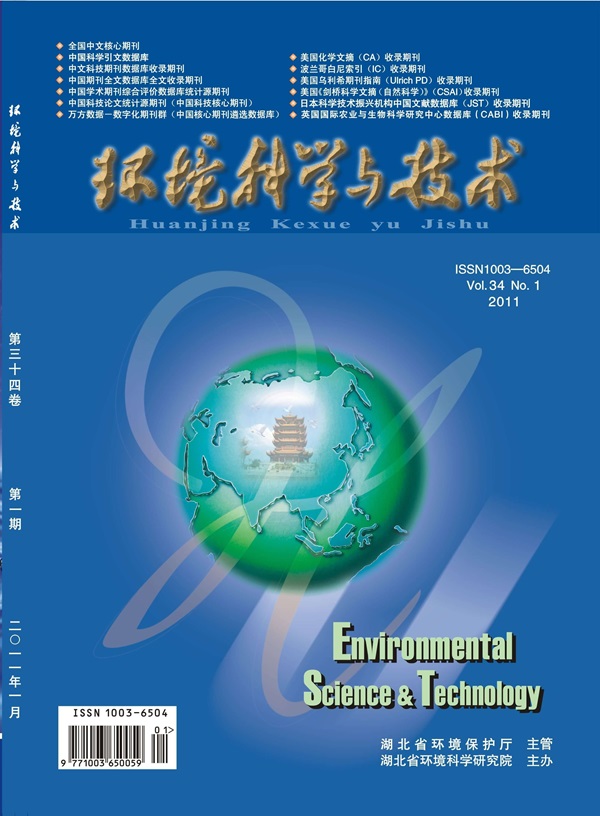打破阻碍环境风险评估新方法(NAM)接受的“有毒无知循环”。
IF 11.3
1区 环境科学与生态学
Q1 ENGINEERING, ENVIRONMENTAL
引用次数: 0
摘要
环境风险评估界目前面临着一个生存困境。政策要求越来越鼓励传统风险评估范式的转变:从全动物毒性测试转向新方法方法(NAMs)。虽然NAMs为决策者提供了一种有希望的(生态)毒理学知识生产的新手段,但与NAMs的开发、验证和监管接受相关的不确定性、无知和风险仍然存在,限制了NAMs在实践中的采用。我们为这一挑战提供了一个新的视角,揭示了与不结盟运动创新相关的不确定性和无知意味着什么,并鼓励参与不结盟运动创新的行动者批判性地反思目前如何利用不确定性来为监管不决策和不作为辩护。我们引入了有毒无知循环的概念,我们将其定义为环境,健康和安全知识差距,制度化无知,不决策/不作为以及过时(或未实现)的环境保护法律规定的“恶性循环”。我们还探讨了如何通过旨在解决不确定性、无知和风险的行动来打破有毒的无知循环,这些行动将预防原则和负责任的创新(RI)框架付诸实施。我们的目标是鼓励预防、道德和反思的不结盟运动创新和监管采用。本文章由计算机程序翻译,如有差异,请以英文原文为准。
Breaking the "Toxic Ignorance Cycles" that Hinder New Approach Method (NAM) Acceptance in Environmental Risk Assessment.
The environmental risk assessment community currently faces an existential dilemma. Policy mandates increasingly encourage transformation of the traditional risk assessment paradigm: a shift away from whole animal toxicity testing, toward New Approach Methodologies (NAMs). While NAMs offer a promising new means of (eco)toxicological knowledge production for decision-makers, uncertainty, ignorance, and risk related to their development, validation, and regulatory acceptance remain, limiting their adoption in practice. We offer a new perspective on this challenge, unpacking what uncertainty and ignorance in relation to NAM innovation means, and encouraging actors involved in NAM innovation to critically reflect on how uncertainty is currently used to justify regulatory nondecisions and inaction. We introduce the concept of the toxic ignorance cycle which we conceptualise as a "vicious cycle" of environment, health, and safety knowledge gaps, institutionalized ignorance, nondecision/inaction, and outdated (or unfulfilled) legal mandates for environmental protection. We also explore how toxic ignorance cycles can be broken through actions aimed toward addressing uncertainty, ignorance, and risk, which operationalise the precautionary principle and the Responsible Innovation (RI) framework. Our aim is to encourage precautionary, ethical, and reflective NAM innovation and regulatory adoption.
求助全文
通过发布文献求助,成功后即可免费获取论文全文。
去求助
来源期刊

环境科学与技术
环境科学-工程:环境
CiteScore
17.50
自引率
9.60%
发文量
12359
审稿时长
2.8 months
期刊介绍:
Environmental Science & Technology (ES&T) is a co-sponsored academic and technical magazine by the Hubei Provincial Environmental Protection Bureau and the Hubei Provincial Academy of Environmental Sciences.
Environmental Science & Technology (ES&T) holds the status of Chinese core journals, scientific papers source journals of China, Chinese Science Citation Database source journals, and Chinese Academic Journal Comprehensive Evaluation Database source journals. This publication focuses on the academic field of environmental protection, featuring articles related to environmental protection and technical advancements.
 求助内容:
求助内容: 应助结果提醒方式:
应助结果提醒方式:


